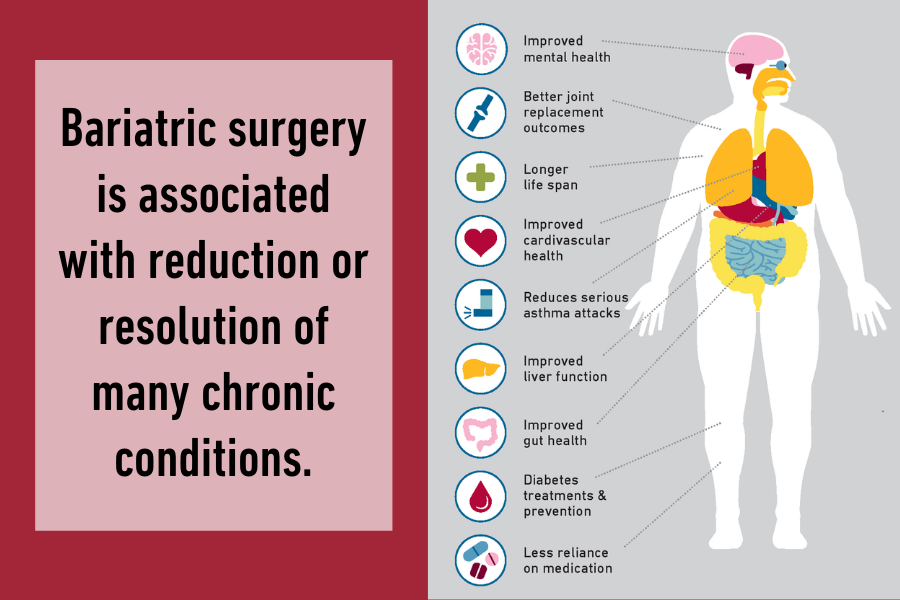If you’ve been trying to lose weight for a while, you may be considering one of many fad diets that promise quick results. From Keto to Atkins to intermittent fasting and juice cleanses, celebrities like Beyoncé and Gwyneth Paltrow seem to have found success, even after having babies.
But before you commit, take some time to dig beneath the surface. In my experience as a registered dietitian, some fad diets — in fact many — are not all they’re cracked up to be.
Here, I present the myths and facts about some of the most common fad diets today, and share the best ways to approach weight loss.
MYTH: Juice cleanses help your body get rid of toxins, so you can lose weight quickly.
FACT: Juice cleanses are often sold as a way to boost your colon’s ability to detoxify your body. This involves fasting, and drinking only water or a blended juice drink for a number of days or weeks in order to lose weight. Some celebrities claim to have lost 14 pounds in 2 weeks with this method.
You may lose weight initially due to a significant decrease in overall carbohydrate and calorie intake. But once you go back to normal eating, you will probably gain the weight back.
Plus, with juice cleanses you will be missing the important nutrients your body needs to keep you healthy. For example, juice cleanses tend to be very low in protein, which is an important nutrient to keep your muscles intact when you’re trying to lose weight.
A better alternative to juice cleanses? Work with a registered dietitian nutritionist (an RDN) to develop meal plans that help you cut calories while feeling satisfied.
MYTH: The keto diet is a healthier alternative to fad diets, because it eliminates carbs as your primary energy source.
FACT: Though studies show keto does work in the short-term, long-term effects are less clear and could even pose some health risks. These include kidney stones and vitamin and mineral deficiencies. More importantly, studies do not show that the keto approach is more effective than a sensible dietary pattern. Most people will regain the weight they lost.
Typically, people follow modified ketogenic diets, because a true keto diet is extremely hard to plan, due to being mostly fat. These modified versions can still be very effective to lose weight initially — in some cases up to 10 pounds in the first 2 weeks. However, that initial weight loss is mostly water weight from using up your body’s carbohydrate reserves.
Eating moderate amounts of healthy carbs — such as whole grains, legumes, fruits and vegetables — may lower your chance of developing chronic diseases such as diabetes, cardiovascular disease and some forms of cancer.
Considering the keto diet? If you have a significant amount of weight to lose, you may be better off trying a more sustainable weight-loss option under the care of your healthcare provider.
MYTH: The 5:2 diet, or intermittent fasting, is a healthy alternative to fad diets.
FACT: As with any big lifestyle change, the challenge with the 5:2 diet, or intermittent fasting, may just be your own will power. It takes quite a bit of mind over matter to choose healthy foods during the time when you’re not fasting. And healthy foods are necessary to ensure you’re getting the proper nutrients and energy you need to sustain a fasting period. Fasting may also be risky for certain people.
Popularized by Beyoncé, the 5:2 diet focuses on when you eat more than what you eat. There are many ways to approach intermittent fasting. While Beyoncé ate normally for 5 days, followed by 2 days of fasting, most people choose to fast for set periods of time. This may be to eat between certain hours every day, or eat lightly for 12 hours, followed by a period of fasting for 12 hours.
Still want to try intermittent fasting? Studies suggest there are benefits to fasting for some people, but what you eat may still be more important than when you eat. Talk with your provider first to understand how best to approach your individual fasting plan before you take the plunge.
MYTH: Fad diets are a better option than an extreme choice like bariatric surgery for people who need to lose a significant amount of weight.
FACT: Bariatric surgery is a proven option for people who want to lose a significant amount of weight. The major difference between bariatric surgery and a true fad diet is that bariatric surgery can result in long-term, sustainable weight loss. People who go on fad diets tend to lose interest, or go back to unhealthy eating patterns. Eventually, the weight starts to creep back up.
Bariatric surgery can result in substantial weight loss when paired with healthy lifestyle modifications. People who need to lose a significant amount of weight can lose 60% to 80% of excess weight within the first 2 years after bariatric surgery.
And — unlike fad diets — bariatric surgery is associated with a reduction or resolution of chronic conditions like diabetes, high blood pressure, sleep apnea and asthma.

For people who want to drop a few pounds, a fad diet for just a couple of weeks may be fine. Just be sure the diet you choose consists of healthy food choices and avoids depriving yourself.
Want to learn more about bariatric surgery? Find out if you're a candidate for weight-loss surgery >
Make a Healthy Investment
Significant weight loss takes time and is a long-term commitment. After all, gaining weight does not happen overnight. Getting the weight off and keeping it off will probably take you time, too. Make a healthy investment in you. You are so worth it!

